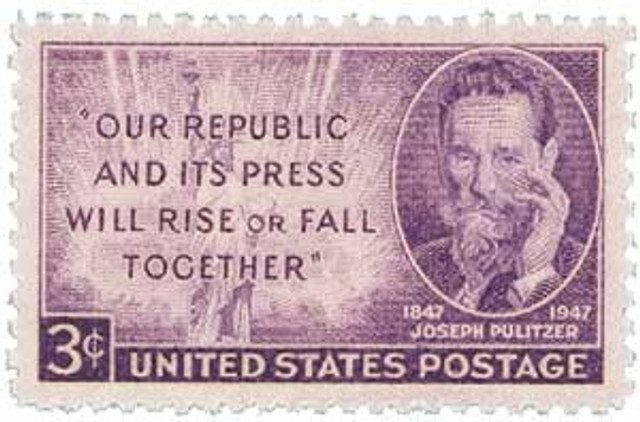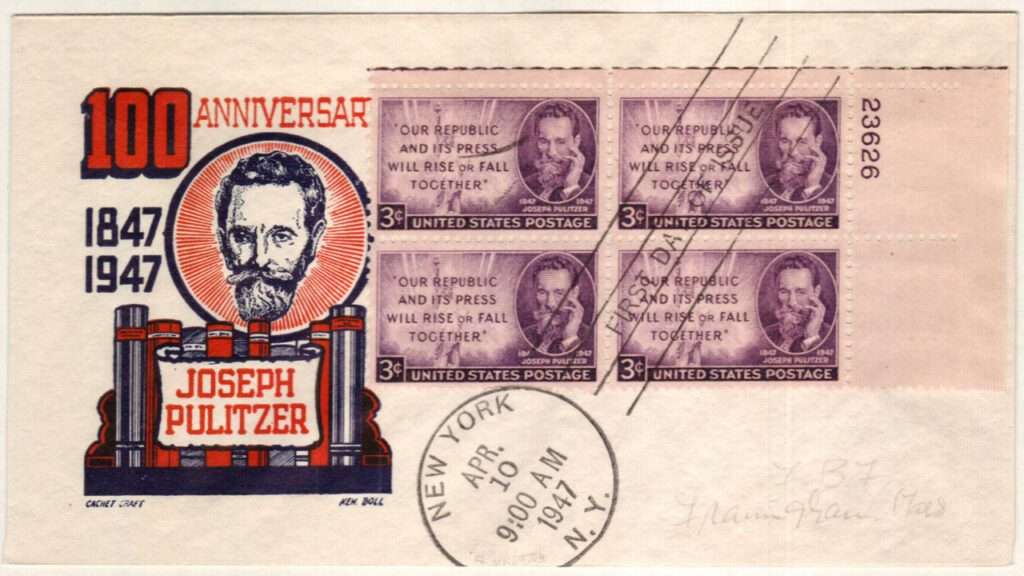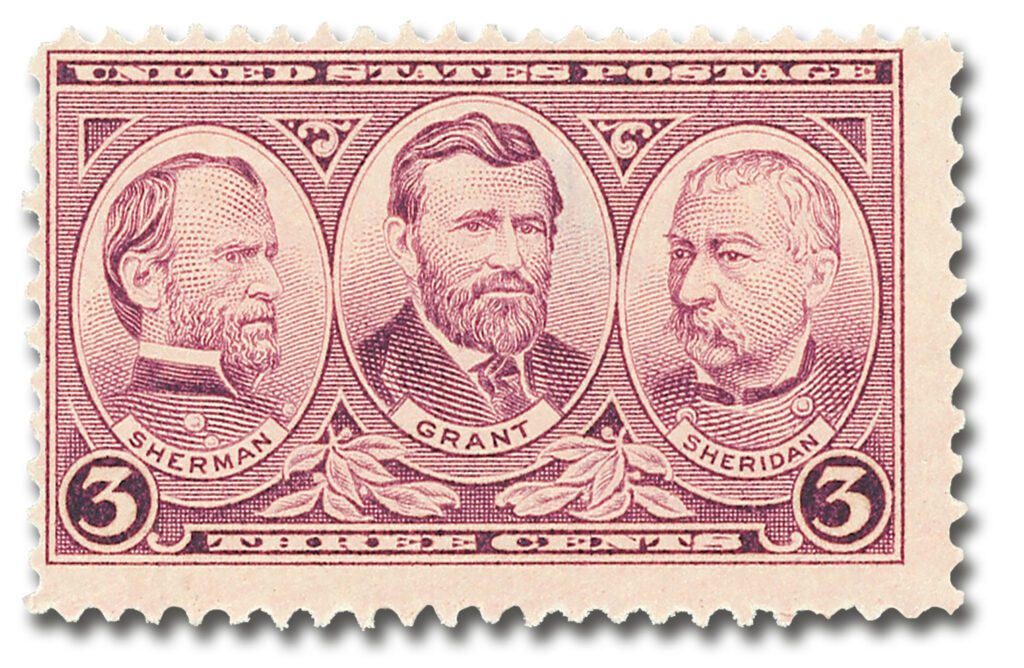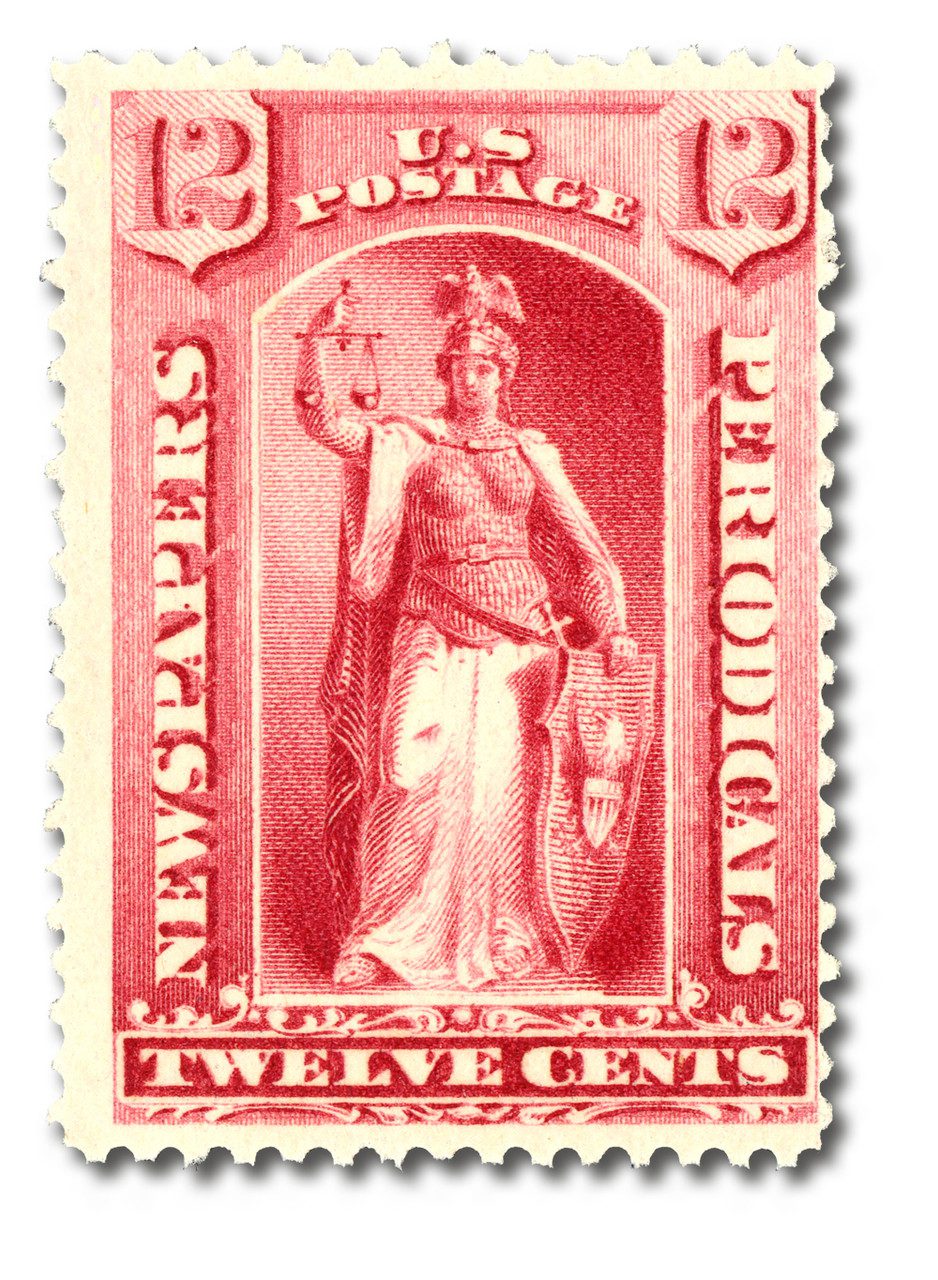Publisher and politician József “Joseph” Pulitzer was born on April 10, 1847, in Makó, Kingdom of Hungary. Pulitzer often used sensationalism to sell papers, leading to wider circulation. The Pulitzer Prize was created as a result of an endowment he left to Columbia University.
Pulitzer’s father was a respected and successful businessman. In 1853 Pulitzer’s father moved the family to Pest and hired private tutors for the children. However, after his father died in 1858, the business went bankrupt. Pulitzer tried joining several European armies, before being recruited in Hamburg, Germany, to fight for the Union in the American Civil War.
Pulitzer came to America when he was just 17 years old, with his trip paid for by Massachusetts military recruiters. However, he soon found out that the recruiters were keeping most of his enlistment money and fled to New York where he joined the Lincoln Cavalry. Pulitzer went on to serve under Philip Sheridan in the First New York Lincoln Cavalry, Company L. He served for eight months fighting in the Appomattox Campaign before his unit was disbanded. Pulitzer didn’t learn English until after the war because his regiment was mostly made up of German immigrants (he spoke German, Hungarian, and French).
When the war ended, Pulitzer traveled to New York before settling in St. Louis. There he attempted a variety of jobs including mule driver, waiter, and recorder for the railroad. In 1867, he became an American citizen and the following year was admitted to the bar. His law career was short lived because of his poor English and gangly appearance.
Later that year Pulitzer became a reporter at the Westliche Post, a job for which he was better suited. Pulitzer became involved in politics in 1869, when he joined the Republican Party. The following year, he filled a vacancy as a state representative, even though he was three years younger than the required age. During this time, he also advanced to managing editor of the newspaper.
In 1879, Pulitzer bought two newspapers in St. Louis and merged them to create the St. Louis Post-Dispatch. Circulation increased because he reached out to the average citizen, rather than the intellectual. The newspaper is still in existence today.
Pulitzer returned to New York and bought the New York World in 1883. He turned around the failing paper, using human-interest stories and sensationalism. Circulation grew from 15,000 to 600,000, making it the largest newspaper in the country. Pulitzer’s habit of sensationalism and yellow journalism (biased reporting) was later an instigator (along with that of William Hearst) in America’s entrance into the Spanish-American War.
Pulitzer tried his hand at politics again in 1884. He was elected to the US House of Representatives, but resigned after a year because of the demands of his newspaper. In his resignation letter to the secretary of State of New York and the voters of his district, Pulitzer stated, “Unwilling to hold the honors of a seat in Congress without fully observing all the expectations attached to it, I hereby return to you the trust which you so generously confided to me.”
One of Pulitzer’s most notable newspaper ventures came in 1885. Two years earlier, construction had begun in New York City on the 15-foot pedestal that would hold the Statue of Liberty. But over time fundraising efforts stalled. Pulitzer had a stroke of genius. He launched a fund raising drive and offered to print the name of every donor in his New York World. Within five months, he had collected $102,000, mostly from donations of less than a dollar.
In 1892, Joseph Pulitzer offered money to Columbia University to set up the world’s first school of journalism, but the gift was turned down. Years later, a graduate school was established using a donation left to the school in Pulitzer’s will.
Pulitzer died on October 29, 1911. His will included $250,000 for a prize and scholarship. In 1917, the first Pulitzer Prize was awarded in journalism. The prize has since been expanded to include literature, photography, and poetry.
| FREE printable This Day in History album pages Download a PDF of today’s article. Get a binder or other supplies to create your This Day in History album. |
Discover what else happened on This Day in History.







Too bad the St. Louis Post Dispatch has not remained a conservative paper. I am sure Joseph Pulitzer would be disappointed.